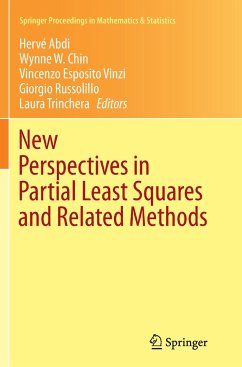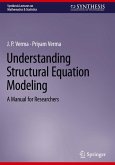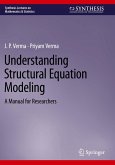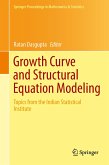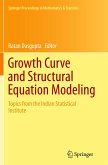New Perspectives in Partial Least Squares and Related Methods shares original, peer-reviewed research from presentations during the 2012 partial least squares methods meeting (PLS 2012). This was the 7th meeting in the series of PLS conferences and the first to take place in the USA. PLS is an abbreviation for Partial Least Squares and is also sometimes expanded as projection to latent structures. This is an approach for modeling relations between data matrices of different types of variables measured on the same set of objects. The twenty-two papers in this volume, which include three invited contributions from our keynote speakers, provide a comprehensive overview of the current state of the most advanced research related to PLS and related methods. Prominent scientists from around the world took part in PLS 2012 and their contributions covered the multiple dimensions of the partial least squares-based methods. These exciting theoretical developments ranged from partial least squares regression and correlation, component based path modeling to regularized regression and subspace visualization. In following the tradition of the six previous PLS meetings, these contributions also included a large variety of PLS approaches such as PLS metamodels, variable selection, sparse PLS regression, distance based PLS, significance vs. reliability, and non-linear PLS. Finally, these contributions applied PLS methods to data originating from the traditional econometric/economic data to genomics data, brain images, information systems, epidemiology, and chemical spectroscopy. Such a broad and comprehensive volume will also encourage new uses of PLS models in work by researchers and students in many fields.

